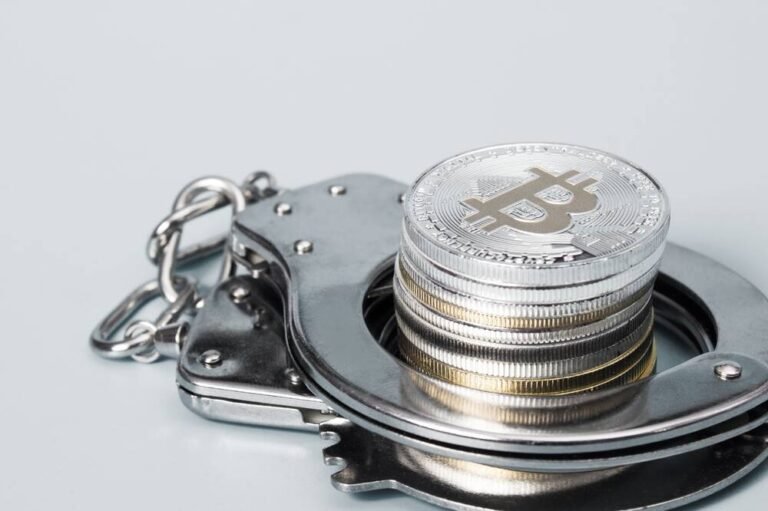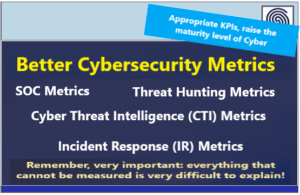Source: go.theregister.com – Author: Team Register
American prosecutors have unsealed an indictment against two Russians who allegedly had a hand in the ransacking and collapse of Mt Gox a decade ago, an implosion that cost the cryptocurrency exchange’s thousands of customers most of their digital coins.
In addition, one of the accused, 43-year-old Alexey Bilyuchenko, also was indicted for working with another Russian national, Alexander Vinnik, to run a crypto exchange – BTC-e – that was used for six years by cybercriminals to launder and move their ill-gotten gains, it’s claimed. Law enforcement officials shut down BTC-e in 2017.
The unsealing of the indictment [PDF] – which was handed up in 2019 in New York City (for Mt Gox) and northern California (for BTC-e) – put back into the headlines a notorious case from a time when Bitcoin and other cryptocurrencies were still fairly new to the majority of netizens.
It also foretold what is happening now, with all segments of the crypto landscape – from exchange to bridges to users’ wallets – being picked off by criminals taking advantage of the lightly regulated space.
It’s unclear why the Department of Justice decided to unseal the indictments now, four years after they were handed up, and where the two men indicted are currently. The Register has asked the prosecution for comment.
That said, the indictments do offer greater insight into how Mt Gox, at the time the world’s largest Bitcoin exchange, imploded. For those who need reminding, Mt Gox went through a tumultuous time in the early 2010s, and eventually fell apart after freezing transactions, discovering millions of dollars in Bitcoin had been stolen from accounts, and declaring bankruptcy, among other things.
The fall of Mt Gox
Bilyuchenko and Aleksandr Verner, 29, were charged with conspiring to launder about 647,000 Bitcoins (worth more than $400 million at the time) stolen from Mt Gox starting in 2011, fueling the exchange’s eventual collapse in 2014. According to the indictment, the two men worked with others to access a Mt Gox server in Japan, which held such information as customer names, transactions, and private keys, crucial to gaining unauthorized access to accounts.
Over the course of three years, Bilyuchenko, Verner, and their co-conspirators stole Bitcoin from the exchange, transferring the digital coins from Mt Gox’s BTC wallets to addresses controlled by Bilyuchenko and Verner, it is claimed. They also allegedly structured the transactions to hide the source, location, and ownership of the crypto and laundered the loot through accounts they owned on two other exchanges.
In addition, they’re accused of negotiating a fraudulent contract to provide advertising services to a Bitcoin brokerage service in New York City, and used that contract to hide and launder the Bitcoin they stole from Mt Gox. They also allegedly used the brokerage service to wire transfer large amounts of money to offshore accounts – some involving shell companies – controlled by the accused.
- Russian suspected of $4bn Bitcoin laundering op to be extradited to US
- Greek police arrest chap accused of laundering $4bn of Bitcoin
- Amid FTX’s burning wreckage, Japan outpost promises asset withdrawals in February
- Ex-Secret Service agent who siphoned Bitcoin from Silk Road takes plea deal
Between 2012 and 2013, the Bitcoin broker transferred more than $6.6 million to overseas bank accounts controlled by Bilyuchenko, Verner, and others, according to prosecutors. In return, the brokerage service received credit on one of the exchanges, which the defendants used to launder more than 300,000 of Bitcoins from Mt Gox.
The rise of BTC-e
The charges relating to California stem from the BTC-e exchange, which Bilyuchenko and Vinnik, with others, created in 2011 and allegedly used for six years to launder their stolen crypto and that of other miscreants.
According to the DoJ, during that time, BTC-e was “one of the primary ways by which cyber criminals around the world transferred, laundered, and stored the criminal proceedings from their illegal activities.”
The exchange served more than a million users from around the world, moved millions of Bitcoin through deposits and withdrawals, and processed billions of dollars in transactions.
“For years, Bilyuchenko and his co-conspirators allegedly operated a digital currency exchange that enabled criminals around the world – including computer hackers, ransomware actors, narcotics rings, and corrupt public officials – to launder billions of dollars,” US Attorney Ismail Ramsey said in a statement.
While the whereabouts of Bilyuchenko and Verner are unclear, Vinnik was arrested in Greece and indicted by the US in 2017, convicted of money laundering in France in 2020, and in 2022 extradited to the US, where he is awaiting trial.
In addition, Mark Karpeles, the one-time CEO of Mt Gox, was convicted in Japan in 2019 of falsifying data about the exchange’s finances but acquitted of embezzlement. He received a 2.5-year suspended prison sentence. ®
Original Post URL: https://go.theregister.com/feed/www.theregister.com/2023/06/12/mt_gox_crypto_indictments/
Category & Tags: –




















































